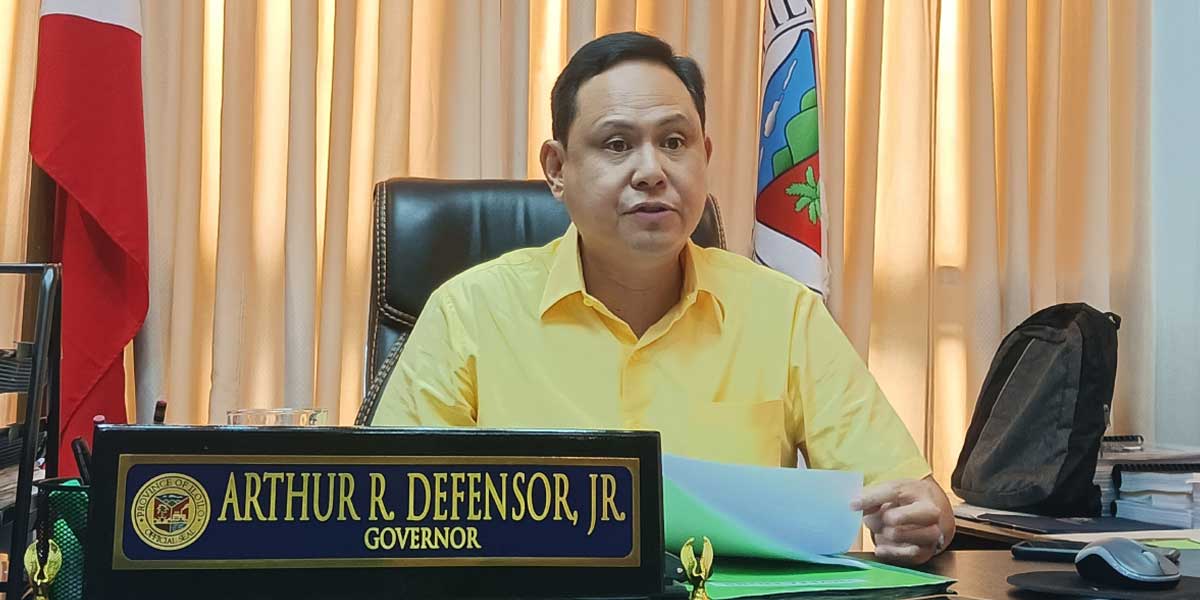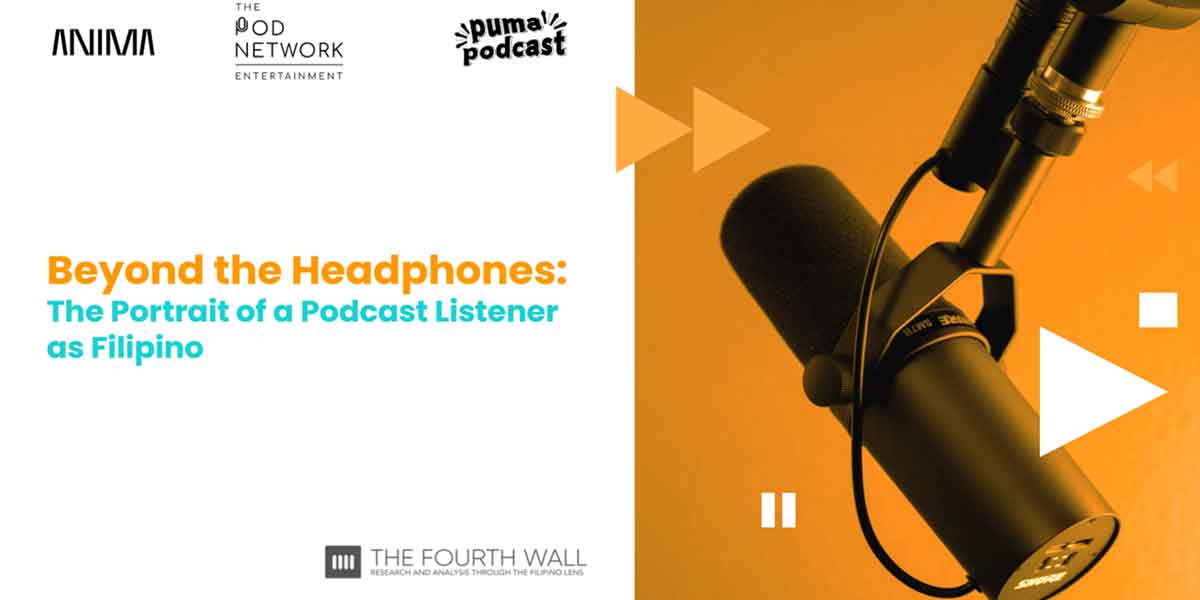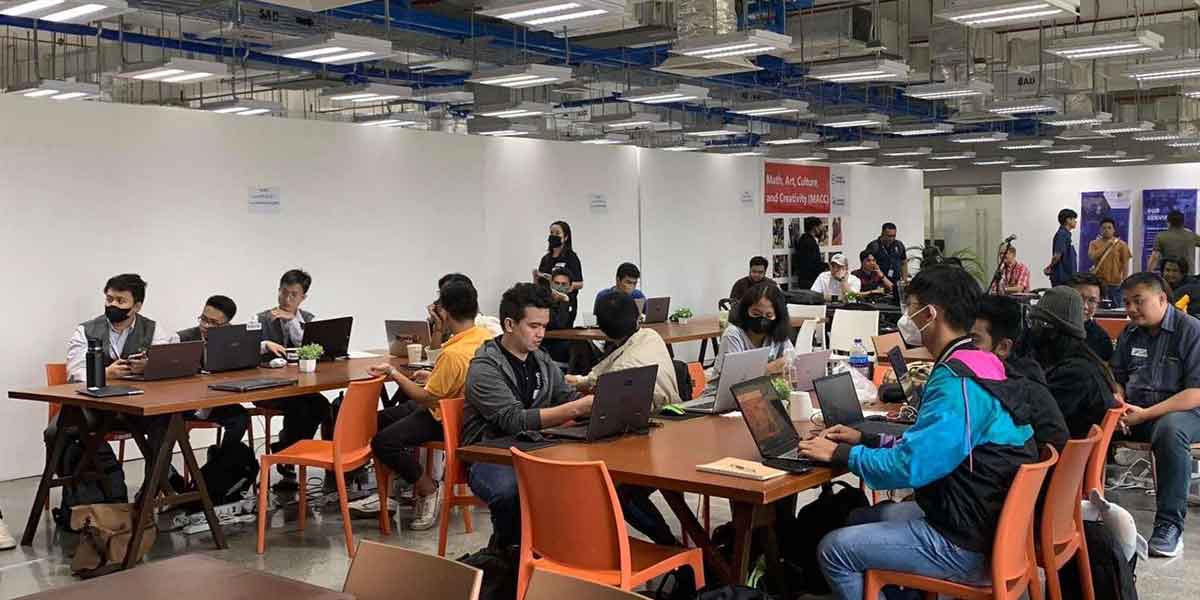 By Joshua Corcuera
By Joshua Corcuera
The Department of Education (DepEd) moved the opening of classes for school year 2020-2021 from August 24 to October 5 this year. Definitely, this is good news given the fact that students and teachers alike face difficulties in alternative modes of learning such as online classes or modular learning. Also, this decision — which was announced by Education Secretary Leonor Briones — seems to be an admission from the government that we aren’t fully prepared yet for distance learning.
However, it is important to take note that DepEd only covers students within the basic education program which is from Kindergarten until Grade 12. On the other hand, college and graduate students are under the Commission on Higher Education (CHED). As I write this, universities are still very likely to proceed with the opening of classes either in late August or early September as Prospero de Vera — chairperson of CHED — said that the law used to move the opening of classes for DepEd does not cover universities.
College students are affected too
Just like students in basic education, college students are also greatly affected by the pandemic, as well as their parents and professors. As an incoming college sophomore studying in Manila, I can attest to this claim. Some of my blockmates are engaging in online selling to save enough money to buy equipment needed for online classes, like laptops and cameras. Much worse, there are a few who decided not to enroll for this semester causing them to be delayed.
With this, CHED should consider ways on how to extend preparations for online classes as some college students still struggle with poor internet connection and lack of equipment. As a legal maxim goes, “salus populi suprema lex esto,” which means “let the good of the people be the supreme law.” If students in such an urban area like Manila already struggle in preparing for online classes, then how much more for those who are studying in provinces? Authorities must ensure that no one will be left behind by listening to the voices of less privileged students and responding to their needs — this is the best time to prove that they are truly compassionate.
For the short-term: Consider an academic freeze
The experience of my blockmates is not unique to them. Rather, many students in college and even in high school genuinely search for ways to be ready for online learning. From here, one can argue that most — if not all students — are actually willing to learn especially in higher levels of education. This is contrary to the claims of some that the youth is just lazy which is why they are pushing for an academic freeze.
The fundamental reason why many students are pushing for such measure is to make sure that everyone can be given the opportunity to attend classes. After all, education must be a right for all and not a mere privilege for the few. It is devastatingly clear that the pandemic revealed the existing inequality in Philippine society. And immediately pushing for online classes will widen the already apparent gap between the rich and the poor; as wealthy students are able to continue classes comfortably online, and their poorer counterparts face huge challenges to achieve the same. In fact, a student has died in a road accident after searching for an internet signal to comply with course requirements in Capiz last May.
The best choice: Ensuring safe resumption of face-to-face classes
Pushing for an academic freeze is a notable idea that must be considered for this school year, or at least for the first semester of this academic year. But there is another noble idea, albeit difficult: ensuring the safe resumption of classes. In order to execute this notion, we must first flatten the curve to the extent that community transmission of the coronavirus is non-existent. By winning against the virus, people from all walks of life can carry their tasks as we gradually return to normal. The education sector will benefit as well, obviously. Schools, colleges, and universities can re-open while enforcing public health protocols such as wearing face masks and maintaining physical distancing. But to do this, the masses must play its role in fighting the pandemic, and more importantly, constantly remind the government to come up with effective strategies to flatten the curve.






















